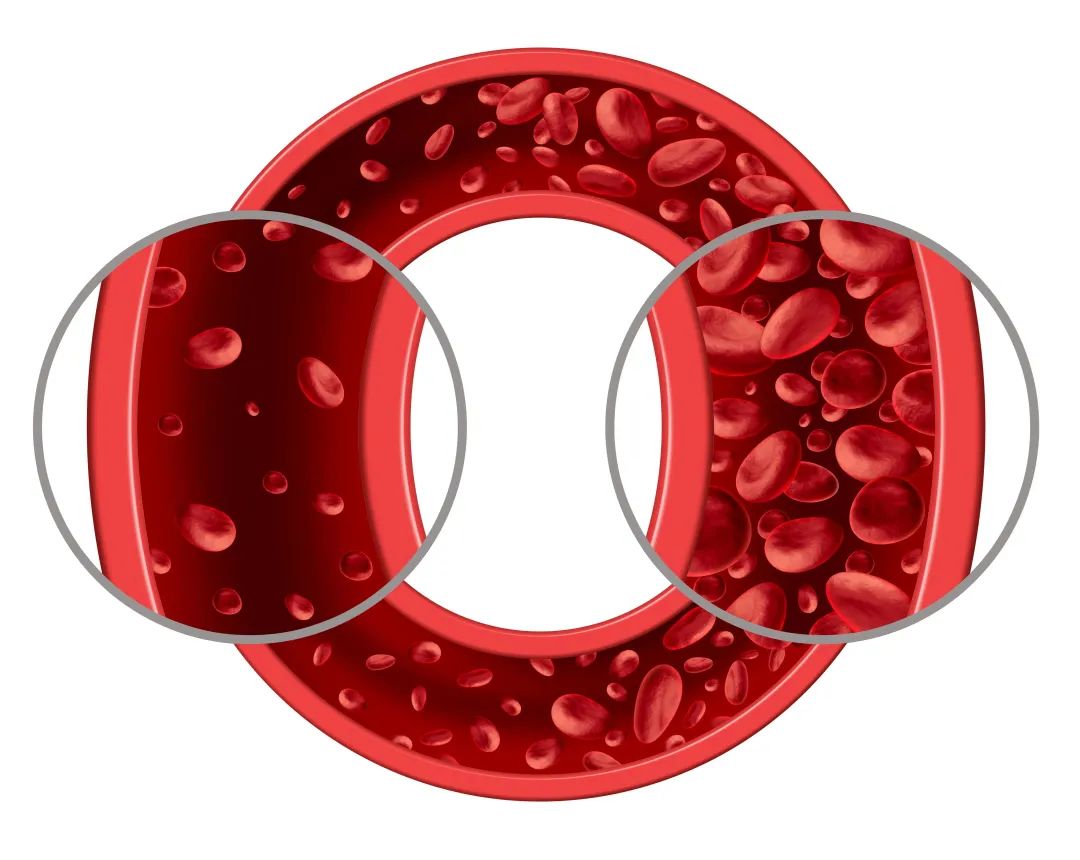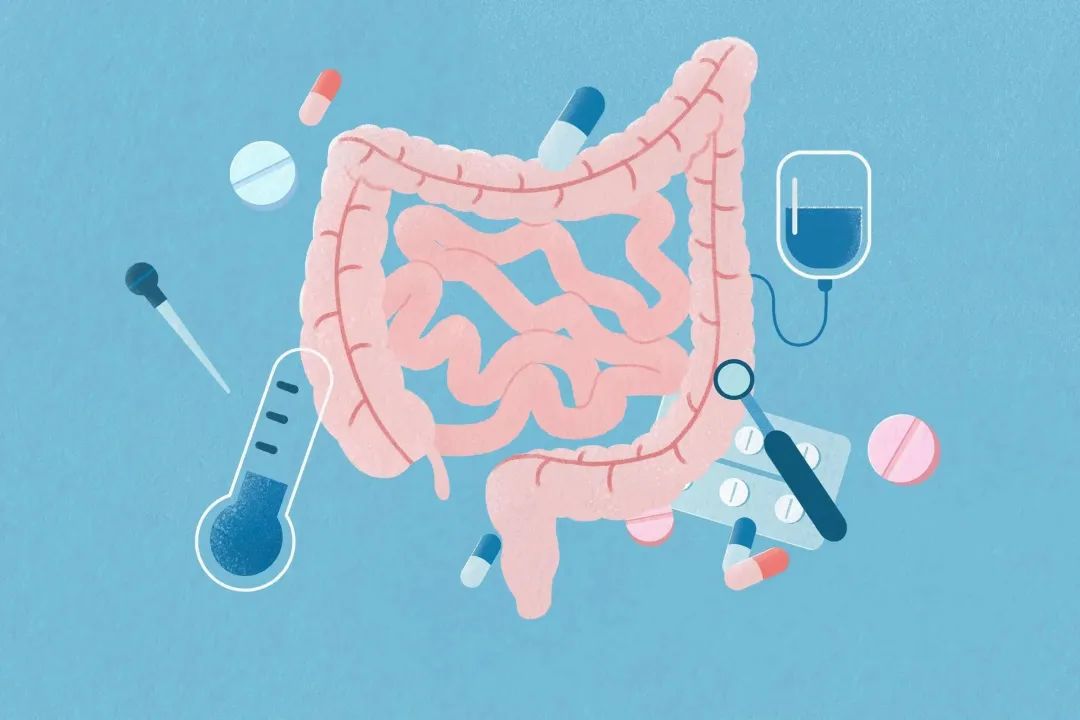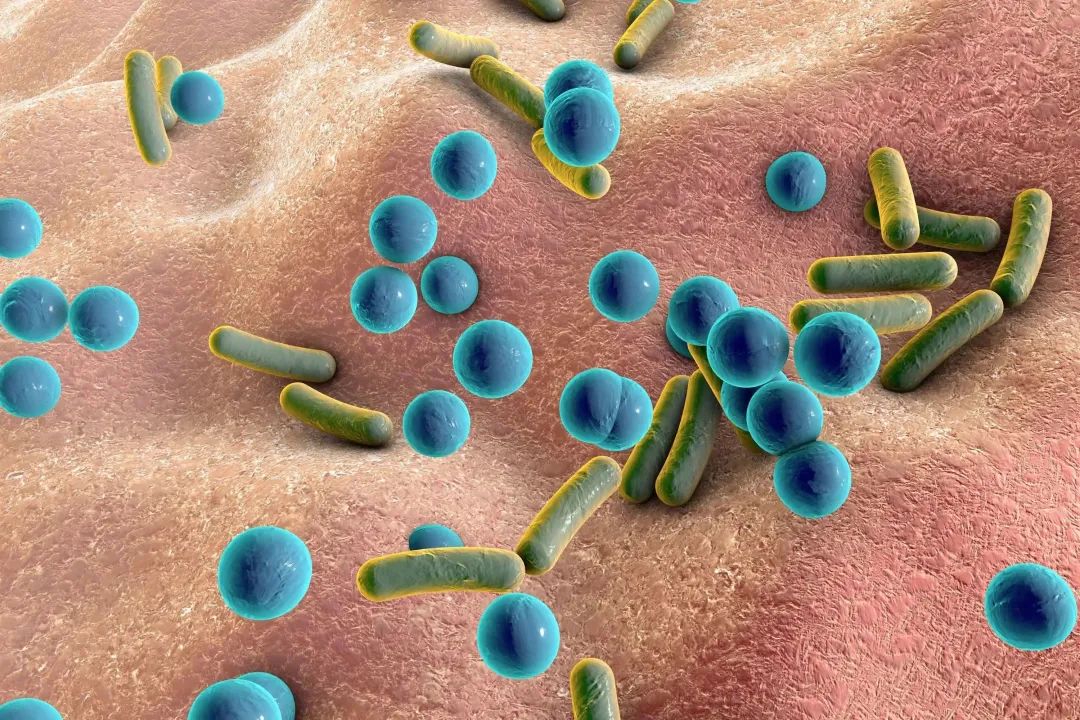What Are the Functions of Lactoferrin? Professional and Authoritative Scientific Research Tells You!
Lactoferrin,Natural Protective Power
Among the new generation of mothers, lactoferrin is almost universally known. However, many people unfamiliar with nutrition believe it to be purely a waste of money.
In 2022, the "Second Breast Milk Science Conference" released the "Chinese Expert Consensus on the Clinical Application of Lactoferrin," further affirming and reaching a consensus on the role of lactoferrin in China.
Today, we will provide a detailed explanation of the seven major functions of lactoferrin, all supported by authoritative scientific research!
 Immunity Aspect: Bactericidal and Antibacterial Effects
Immunity Aspect: Bactericidal and Antibacterial Effects
Lactoferrin is known as a natural antibiotic because it can kill bacteria by inhibiting environmental iron, disrupting cell membranes, and binding to bacteria.
As early as 1972, lactoferrin was identified as a broad-spectrum antibacterial agent [1]. What does "broad-spectrum" mean? It means it is effective against a wide range of bacteria, such as common strains like Escherichia coli, Salmonella, and Staphylococcus aureus, which can be eliminated or inhibited by lactoferrin.
However, unlike antibiotics, lactoferrin does not harm the intestinal flora. Instead, it stimulates the growth of beneficial gut bacteria like Lactobacillus acidophilus and Bifidobacterium [2], protecting the intestines while killing bacteria.
 Immunity Aspect: Antiviral Effects
Immunity Aspect: Antiviral Effects
The human immune system has three lines of defense. Lactoferrin belongs to the second line—the non-specific immune system. In simple terms, it broadly blocks most external pathogens. Thus, besides bacteria, lactoferrin is also effective against viruses.
With its unique antiviral activity, lactoferrin, as a broad-spectrum antiviral agent, can inhibit viral replication or prevent viruses from invading healthy human cells and organs to varying degrees [3], thereby reducing the likelihood of illness.
 Immunity Aspect: Immune Regulation and Anti-Inflammatory Effects
Immunity Aspect: Immune Regulation and Anti-Inflammatory Effects
Consuming lactoferrin is like adding a guardian army to your body, helping to defeat bacteria and viruses. At the same time, it also enhances your own immunity. Lactoferrin is part of the innate immune system in mammals. It can promote or suppress the proliferation of the body's immune cells as needed and participates in the anti-inflammatory process [4], ensuring a balanced and optimal immune response.
 Intestinal Aspect: Reducing the Incidence of Diarrhea
Intestinal Aspect: Reducing the Incidence of Diarrhea
Diarrhea is one of the most common and frequent illnesses in infants. It can be caused by bacterial or viral infections, imbalances in gut flora, allergies, and other factors. Is lactoferrin effective in protecting the intestines?
A controlled trial conducted by Ochoa et al. in Peru involving 555 infants and young children [5], another study by Chen et al. in China with 260 participants [6], and research by Egashira et al. in Japan on 234 infants and young children [7] all confirmed that supplementing with lactoferrin can alleviate or prevent diarrhea.
This is an extremely severe digestive system disease that often occurs in newborns, particularly premature infants. Due to damage and ischemia of the intestinal mucosa, it can even lead to symptoms such as suffocation and shock.
Manzoni conducted a controlled trial in 13 neonatal intensive care units in Italy and New Zealand involving 724 low-birth-weight infants [8]. The observation confirmed that supplementing with lactoferrin significantly reduced the incidence and mortality of necrotizing enterocolitis in newborns.
Iron, as a crucial element for blood production, is essential for the human body. However, iron absorption rates in the body are generally low. Lactoferrin is the only protein that can transport iron in the intestines, and its carrying capacity is several times higher than that of ordinary transferrin!
A controlled trial by Peasano et al. involving 295 pregnant women [9], another study by Ke in Sichuan, China, involving 213 infants and young children [10], and numerous similar experiments have confirmed that lactoferrin can improve anemia in pregnant women and infants.
 Blood Aspect: Reducing the Risk of Sepsis
Blood Aspect: Reducing the Risk of Sepsis
Due to the fragile immune systems of infants, once pathogenic bacteria enter the bloodstream, they are more likely to cause systemic infections compared to adults—a condition known as sepsis.
Manzoni conducted a controlled trial in 11 neonatal intensive care units in Italy involving 472 cases [11]. The results showed that the incidence of sepsis was 10% lower in the group supplemented with lactoferrin, with no deaths, whereas the mortality rate in the control group was 7.5%. In addition to effectively intervening in sepsis, the trial also showed significant reductions in meningitis, thrombocytopenia, coagulation abnormalities, feeding intolerance, and other conditions.
[1] Bullen J J. Iron-binding proteins in milk and resistance to Escherichia coli infection in infants. Proc R Soc Med, 1972, 65(12):1086
[2] Teraguchi S, Shin K, Ogata T, et al. Bacteriostatic effect of orally administered bovine lactoferrin on proliferation of Clostridium species in the gut of mice fed bovine milk. Appl Environ Microbiol. 1995,61(2):501~506
[3] 庞广昌,胡志和,陈庆森. 乳铁蛋白的抗病毒活性. 食品科学,2006,27(1):263~257
[4] Appelmelk B J. Lactoferrin is a lipid a-bingding protein. Infection and Immunity, 1994, 62:2628~2632
[5] Ochoa TJ, Chea-Woo E, Baoicchi N, Pecho I, Campos M, Prada A. Randomized double-blind controlled trial of bovine lactoferrin for prevention of diarrhea in children. J Pediatr. 2013; 162(2):349-56
[6] Chen K, Chai L, Li H, Zhang Y, Xie HM, Shang J, et al. Effect of bovine lactoferrin from iron-fortified formulas on diarrhea and reapiratory tract infections of weaned infants in a randomized controlled trial. Nutrition. 2016;32(2):222-7
[7] Egashira M, Takatanagi T, Moriuchi M, Moriuchi H, Does daily intake of bovine lactoferrin-containing products ameliorate rotaviral gastroenteritis? Acta Paediatr. 2007;96(8):1242-4
[8] Manzoni P, Meyer M, Stolfi I, Rinaldi M, Cattani S, Pugni L. Bovine lactoferrin supplementation for prevetion of necrotizing enterocolotis in very low-birth-weight neonates: a randomized clinical trial. Early Hum Dev. 2014;90(Suppl 1):S60-5
[9] Paesane R, Pacifici E, Benedatti S, Berultti F, Frioni A, Polimeni A, et al. Safety and efficacy of lactoferrin versus ferrous sulphate in curing iron deficiency and iron deficiency anaemia in hereditary thrombophilia pregnant women: an interventional study. Biometals. 2014;27(5):999-1006
[10] Ke C, Lan Z, Hua L,Ying Z, Humina X, Jia S, et al. Iron metabolism in infants: influence of bovine lactoferrin from iron-fortified formula. Nutrition. 2015;31(2):304-9
[11] Manzoni P, Rinaldi M, Cattani S, Pugni L, Romeo MG, Messner H,et al. Bovine lactoferrin supplementation for prevetion of late-onset sepsis in very low-birth-weight neonates: a randomized trial. JAMA. 2009;302(13):1421-8






